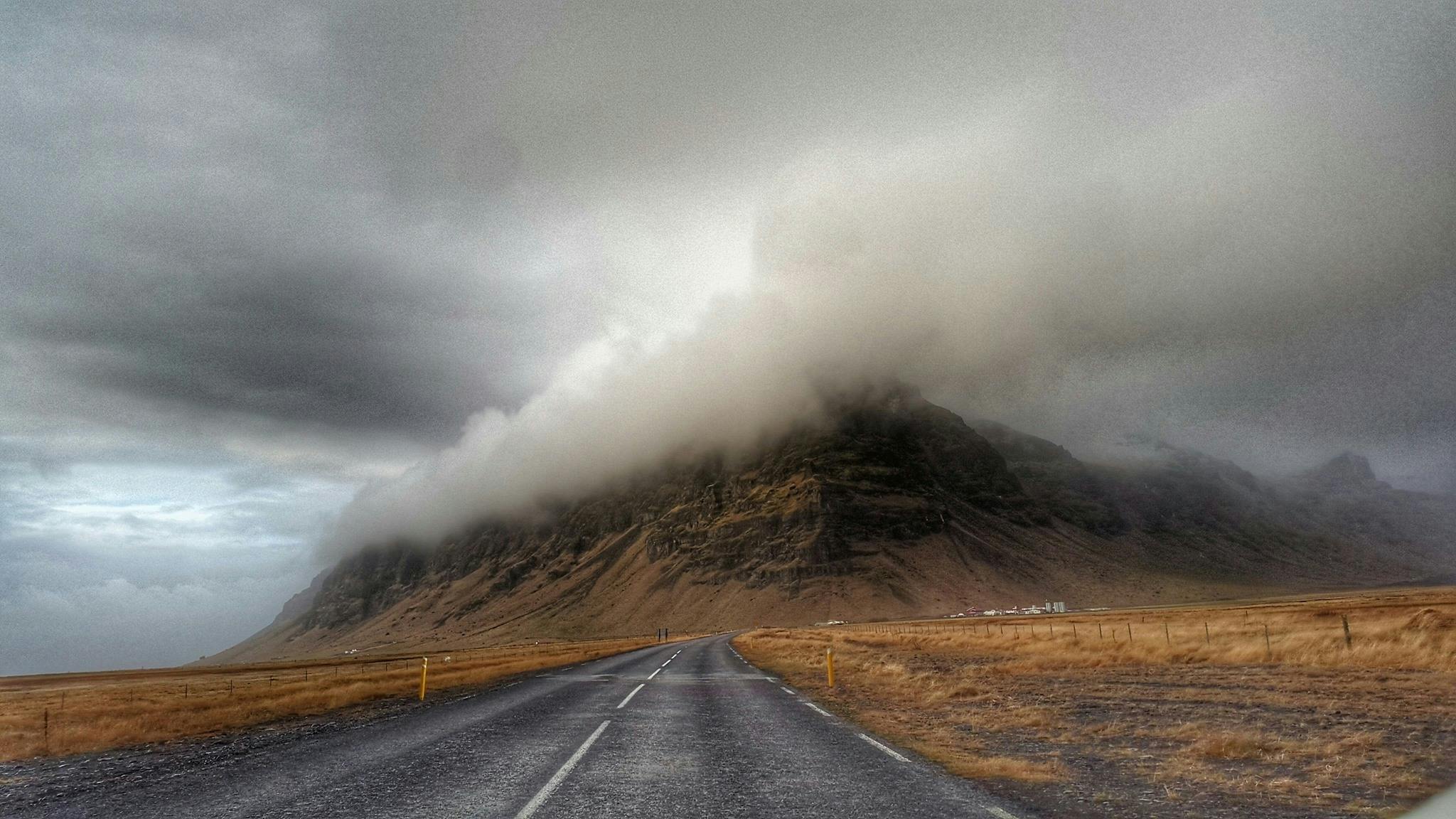“Welcome to Las Vegas” sign
It’s easy to see why the “Welcome to Las Vegas” sign is considered one of the city’s most popular attractions. This sign, which had been seen along Las Vegas Boulevard since 1959, comes after Mandalay Bay and the Little Church of the West at the southern end of the Strip. A great place to take a selfie, this must-see sign was designed by Betty Willis, a late local artist.
Hoover dam
However, Las Vegas became famous for the Strip; the city was able to sustain itself thanks to the Hoover Dam. This engineering marvel was built during the Great Depression, when thousands of workers urgently needed jobs. The dam and power station can be seen through various tours at different prices. The dam is not only visually striking but also highly functional, providing power to Arizona, California, and Nevada through its arched construction.
Lee Canyon, Mount Charleston
Lee Canyon in Mount Charleston is one of the most picturesque places. From Las Vegas, it takes an hour to reach the ski resort, which offers skiing and snowboarding during the winter and hiking during the summer. Since it looks quaint, most couples choose to have their weddings here during the spring and summer.
mob museum
Las Vegas has a long and complicated history when it comes to organized crime and downtown, the Mob Museum is where people will learn the story of organized crime’s influence in Sin City and across America . Visitors can try out a real Tommy gun on display or listen to real wiretaps. The centerpiece of the museum is the bloody wall from the Valentine’s Day Massacre.
shark reef
The Shark Reef Aquarium is located inside Mandalay Bay next to the convention center and this is where eels, piranhas, rays, turtles and 15 pieces of sharks live. Tourists can include this aquarium among the places to visit with their children and it is more crowded during the summer. Guests of Mandalay Bay can get an up-close look at the aquarium through the Dive with Sharks program for a little extra.
neon museum
The Mob Museum describes the history of Las Vegas and how it relates to organized crime. On the other hand, the Neon Museum uses neon to tell the history of the city. Adjacent to Cashman Field, off Interstate-15, is a cluster of businesses and hotels that show the evolution of Las Vegas, from beginning as a stopover on the way to California to becoming a premier tourist destination. There are daily tours, but they are limited and sell out quickly.
Bellagio Conservatory and Botanical Gardens
The Bellagio Conservatory, like other things in Las Vegas, easily draws the crowds. The winter garden, seen from the hotel reception, changes throughout the year due to the more than 100 gardeners who are responsible for the beautification and care of the facilities. Bellagio and its conservatory, garden, property-front fountains, and crystal flowers decorating the lobby make it worthy of a traveler’s to-do list.

